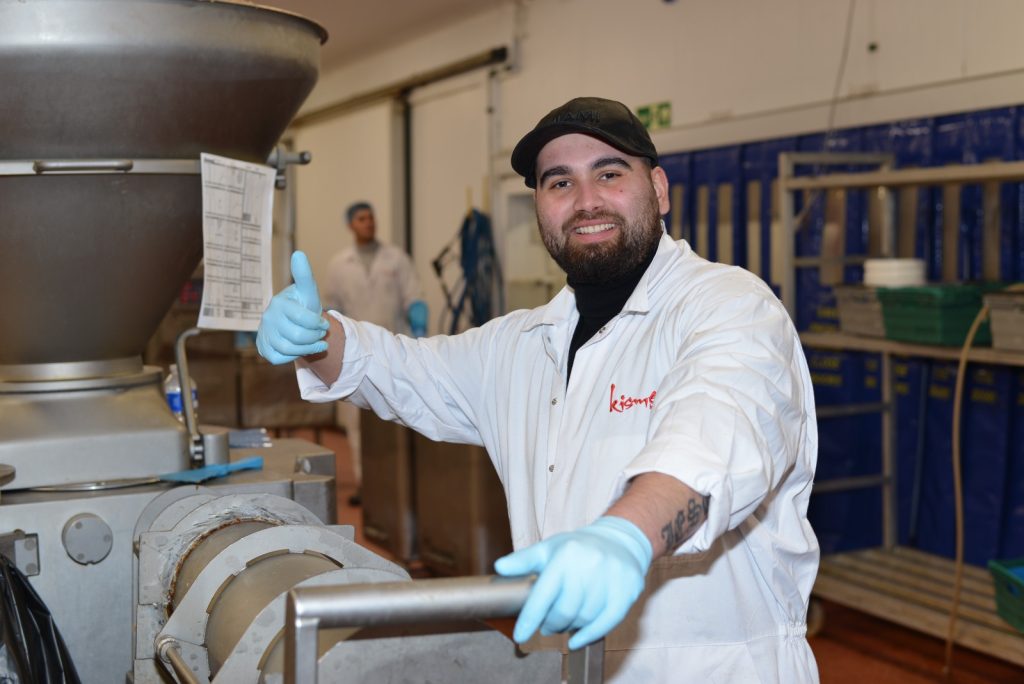1st July 2022
The UK’s biggest kebab manufacturer has netted more than £370,000 in government tax breaks after developing lactose-free doners.
Kismet Kebabs Ltd was driven to innovate and remove milk from their doner kebabs and chicken shawarma after becoming aware of the large number of customers with this food intolerance
It was one of a host of innovative projects undertaken by the Essex-based company that qualified it for £372,422 in R&D tax relief — the government tax incentive that rewards innovation.
Milk has traditionally been used in the making of kebabs as a binding, flavouring and texturising agent, as well as a colourant. There was no product available that substituted lactose so Kismet’s food technologists set about developing new recipes that would open up new markets for itself and its customers.
Ingredients, recipes, machinery and software all had to be changed.
Final trials involving a particular type of soya milk eventually proved successful.
The 30-year-old business produces more than 200 tonnes of kebab meat a week from its large, purpose-built factory in Latchingdon, near Chelmsford.
R&D tax relief was introduced by the government in 2000 to incentivise innovation, and results in either a reduction in a limited company’s corporation tax bill or a cash lump sum. Many firms don’t realise the work they do qualifies as R&D, which is defined as any work that seeks to resolve a scientific or technological uncertainty, whether that’s a new process, product or service. Crucially, R&D work does not need to have been successful to qualify, and claims can be made up to two years beyond the end of the tax year in which the work took place.
Amird Devadasan, CEO of Kismet Kebabs Ltd, commented:
“We missed out on significant sums in the past because we just had no idea R&D tax relief existed. Second to that, we didn’t really understand quite how much R&D we were implementing. Receiving this kind of government recognition and support is transforming the company because the sums involved are so significant. All of it is returned to develop the business further. Product innovation is no longer something we do occasionally when customers show interest in products we don’t have. In a world where every other person has a dietary need of some kind, we’re trying to predict how the industry will have to adapt in the future and get ahead of these changes to maintain our competitive advantage. Currently we have commissioned the first like-for-like protein based vegan doner kebab, which is our next venture on claiming R&D funds.”
Sarah Hinchley, Key Account Manager at innovation funding specialist Catax, said:
“Amird and his team have taken this British Friday night favourite and hauled it into the 21st Century, where food intolerances create endless challenges for manufacturers. Kismet’s innovations are helping to make the company an international success story, exporting to Spain, Cyprus, Scandinavia and around the world. This wouldn’t be possible were they not producing the kinds of recipes that are capable of opening up new markets and satisfying changing consumer trends. They weren’t sure they’d qualify for R&D tax relief and were shocked to learn how much qualifying work they were actually doing, and that’s something we encounter all the time.”

